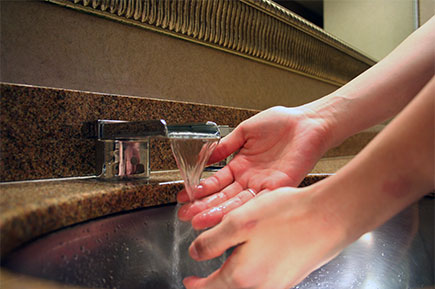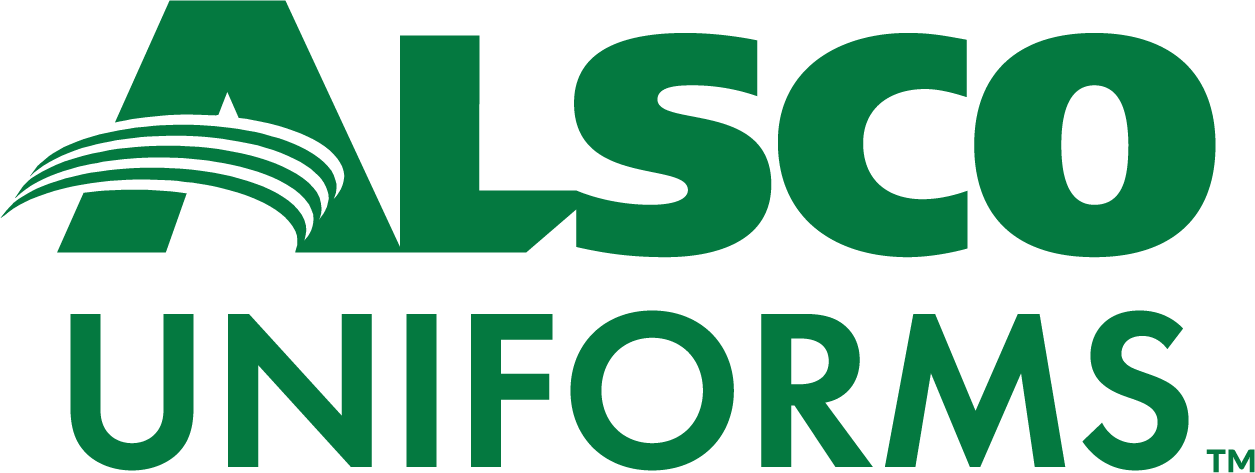
Until the 20th century and the invention of hand sanitizers, washing hands with soap and water had been the only way to make sure they are clean and germ-free.
Today, there are plenty of choices to perform this important action, with most of the manufacturers claiming that their products remove 99 percent of the bacteria. When faced with this impressive score, it is hard to see how good old water can compete.
The truth, as always, isn’t that simple, and in this article, we will attempt to compare these two hand washing techniques and see which one really is the most effective.
Effectiveness Of Hand Sanitizers
Do hand sanitizers really kill 99% of germs like they claim? Yes. But not exactly on the hands. You see, these products are usually tested on inanimate surfaces and 99% claim is based on that. However, if tested on hands, the results will be different.
Does this mean that hand sanitizers are useless? No. Alcohol-based hand sanitizers are really effective at killing germs. As a matter of fact, plenty of doctors still recommend using them because they find them effective in preventing bacterial and viral infections, with few exceptions.
Hand sanitizers are a good substitute for when facilities are not available, however, they must not replace traditional hand washing with soap and water because there are more aggressive types of bacteria out there that they cannot eliminate.
Also, hand sanitizers are not as effective as soap and water in cutting grime and grease. So if your hands are visibly dirty, it’s best to go the traditional route — if not, then you can get away with a few squirts of hand sanitizer until you get access to running water and soap.
Choose The Best Hand Sanitizer
The key ingredient is hand sanitizer is alcohol, which is an antiseptic. This does not mean you should grab just about any hand sanitizer with alcohol in it. Always opt for one with at least 60% concentration of alcohol — anything less is ineffective.
In addition to choosing the right product, it is also important to know how to use hand sanitizers properly. First, don’t be conservative with the amount; squirt two to three pumps of the product on the palm of your hand. Then rub it all over the hands’ surfaces including between the fingers and under the nails, and don’t stop until the product dries out.
The Case For Hand Soap
Time and again, traditional hand washing using soap and water has been proven to rid your hands of bacteria like c.difficile among others, which can lead to a debilitating disease. In order to ensure efficacy, hand washing must be done properly. But what is proper?
Proper hand washing includes using 1-3 ml of soap which you will work up to a lather, up to 20 seconds of scrubbing between your fingers, wrists, under the fingernails, and if possible, forearms, thorough rinsing, and the essential last step – drying.
Recent studies show that drying is crucial to the effectiveness of hand hygiene – the dampness of the hand has a correlation with the number of bacteria it can transfer to surfaces. In other words, if you don’t dry your hands after washing, it remains or even becomes a better breeding ground for bacteria that is raring to spread.
Don’t Rub Your Hands
Another interesting tidbit from these studies that you might want to give serious consideration to is refraining from rubbing your hands during the drying process. According to the authors of the study conducted at the University of Bradford, rubbing your hands together brings bacteria previously embedded into the skin back to the surface.
Your best bet for hand drying? Towels. Hand dryers are fine, however, most people rub their hands together to speed up the drying when using air dryers. With paper towels on the other hand, it is less likely for you to rub your hands together when drying with good ol’ paper towels.
Are Antibacterial Soaps Any Better?
Even though their name suggests they are somehow better than the regular soap, studies showed that antibacterial soaps available in stores are at best equally efficient as their everyday counterparts. The problem with antibacterial soaps is that there is more than one kind, and some of them can actually make bacteria more resistant to antibiotics, effectively creating more harm than good.
If you really want to use antibacterial soaps, pick a brand that is used in hospitals. This way you will at least be reasonably sure you are using a quality product.
Best Solution For Your Workplace
The answer to the question of whether you should purchase soap or hand sanitizers in your office is, therefore, more complicated than one or the other option. The real answer is that both options offer something useful and, when used properly, both can contribute to the overall health of your employees.
Hand soap is a must in a washroom, where it will remind people of the beneficial habit of handwashing. Accompanied by an effective drying solution, soap will stop spreading of bacteria even during the flu season.
On the other hand, properly placed hand sanitizers can do miracles in the office, because they are an effective quick solution for when there is no time to go to a washroom, or a washroom is far away.
Alsco is well equipped to provide you with the most effective hand hygiene products. Be it hand sanitizers, soap, paper towel dispensers or hot/cold air hand driers, you can rest assured Alsco’s products will meet your company’s standards. Visit the website to get acquainted with what Alsco offers and contact Alsco’s experts to get help in choosing the best solution for you and your company.
Photo courtesy of Flickr Images by Sarah Laval
